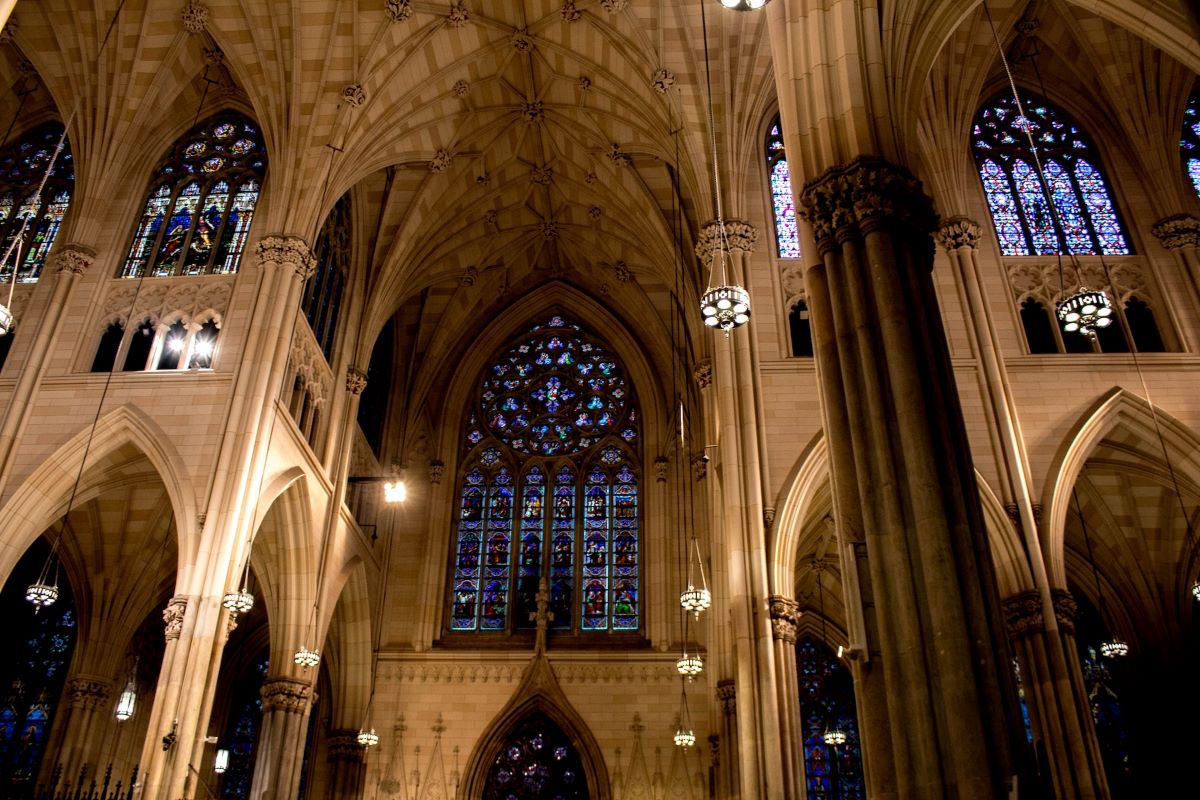
Renewal pastors in the Reformed/Presbyterian tradition are part of a community that loves declared theology. Declared theology gives expression to deeply held beliefs then covenants to live within the confines of those shared beliefs and practices. Declared theology provides stability in a rapidly changing world but often limits a faith community’s capacity to be nimble in the face of new missional opportunities. For that reason, it is wise to prioritize on lived theology before creating declared theology just as Paul first preached to the Gentiles (lived theology) and only later worked with the church in drafting declared theology (Acts 15). When lived theology precedes declared theology the results are far more creative, generous and hospitable. Sadly, in this season of fresh missional opportunities the Church is rushing towards declared theologies that constrain and divide rather than prioritizing lived theologies that advance the work of the Gospel.
Here are seven characteristics of lived theology:
Characteristic 1: Lived Theology is Obedient To The Spirit
The story of Peter’s sheet vision (Acts 10) and the voice declaring “Do not call anything impure what God has made clean” is an example of lived theology emerging from obedience to the Spirit. Where is the Spirit leading you today?
Characteristic 2: Lived Theology is Hospitable
Jesus’ encounter with the Samaritan woman (John 4) is lived theology created by unusual hospitality. The disciples are surprised to see Jesus talking to a woman (especially this woman). Where are you engaged in unusual hospitality?
Characteristic 3: Lived Theology Takes Us To Unexpected Places
We are told that an angel instructed Philip (Acts 8) to go to the desert road from Jerusalem to Gaza. He had no reason to go except he was sent. There he meets and baptizes an Ethiopian eunuch. Where are you being sent today?
Characteristic 4: Lived Theology Avoids Dividing The Church
Gamaliel offered a good word to the Sanhedrin (Acts 5) when he noted that if the Jesus movement is of men it would fail but if it is of God it could not fail. How could we be more gracious to others letting God deal with the outcome?
Characteristic 5: Lived Theology Is Accompanied With Prayer
The church of Antioch was worshipping, fasting, and praying (Acts 13) when the Spirit instructed then to send Paul and Barnabas on their first lived theology missionary journey. How is your community engaged in practices of deep abiding?
Characteristic 6: Lived Theology Is Open To Fresh Understandings Of God’s Word
Jesus defied the declared theology of Sabbath practices (Matthew 12) with a fresh interpretation of Scripture when he said, “It is lawful to do good on the Sabbath.” Where are you wrestling with fresh understandings of Scripture today?
Characteristic 7: Live Theology Keeps The Church Connected To Real-Life
When Jesus said to the women caught in adultery (John 8/ a disputed passage) that she was forgiven and to sin no more he was favoring loving someone in real-life over stated law. Where is loving in real-life confronting your doctrines?
Latest Articles

Church Renewal During the “Great Dechurching” of America

Tim Keller’s Lessons for Church Renewal Leaders

How to Become an Outward-Focused Church

How To Catch the Wave Of the Holy Spirit

Five Ideas for a Modern Reformation

Emphasizing Kingdom Citizens

The Big Three and the Hidden One

A Look Ahead at the Headwinds of 2025




💬 We’d love to hear from you!
What are your thoughts on this topic? How is your church or community engaging these ideas?
Share your insights below — let’s learn from each other!